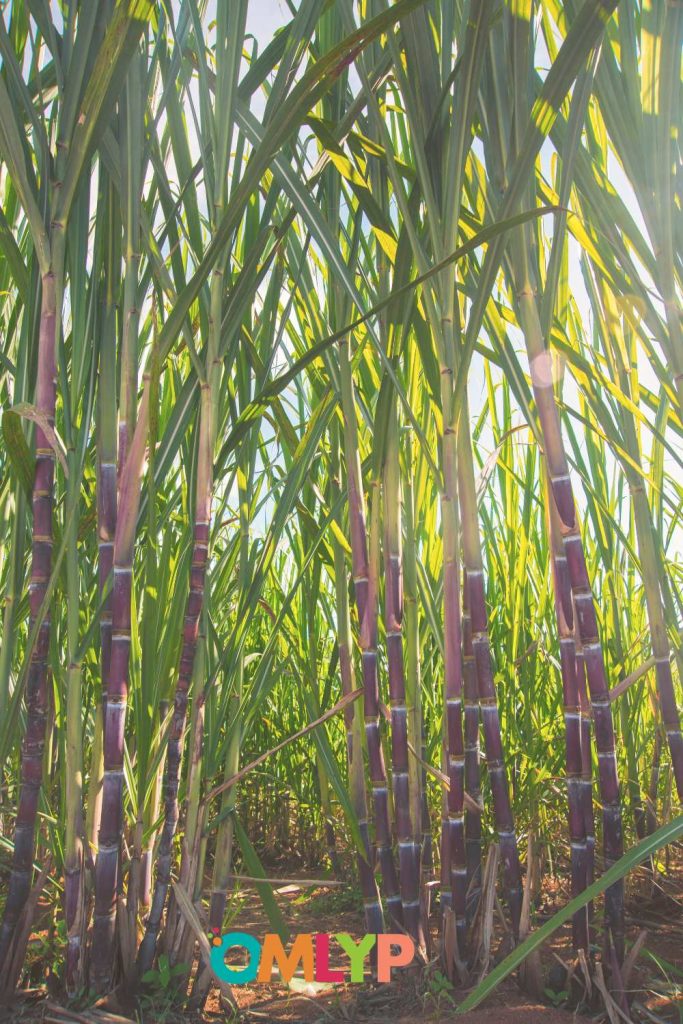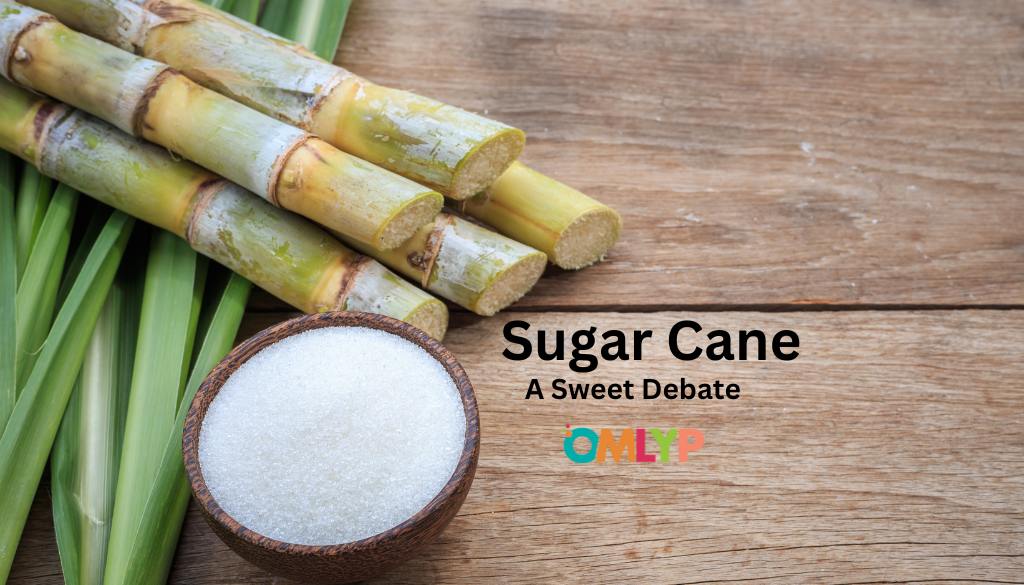Sugar Cane Fruit or Vegetable – The world of botany is full of wonders, with a vast array of plants that provide nourishment and pleasure. However, some plants defy classification, leading to debates and confusion. One such enigma is sugar cane fruit. While it may seem straightforward, the question of whether sugar cane is a fruit or vegetable has sparked considerable curiosity among enthusiasts. In this blog post, we will delve into the botanical intricacies of sugar cane and uncover the truth behind its classification.
Understanding Botanical Classification
To comprehend the categorization of sugar cane fruit, it is essential to understand the principles of botanical classification. Botanists classify plants based on various factors, such as their reproductive structures, growth habits, and culinary uses. These categories include fruits, vegetables, herbs, and more. While fruits typically arise from the flowering part of a plant and contain seeds, vegetables are generally derived from other features, such as leaves, stems, or roots.
Exploring Sugar Cane’s Origins

Sugar cane, known scientifically as Saccharum officinarum, is a tall perennial grass that belongs to the Poaceae family. Originating in New Guinea, sugar cane spread across the globe due to its valuable properties. Its primary purpose is to produce sucrose, which is extracted and refined into table sugar. However, the question of sugar cane’s classification as a fruit or vegetable remains unanswered.
The Case for Sugar Cane as a Vegetable
Many argue that sugar cane should be classified as a vegetable. In this perspective, sugar cane is considered similar to other edible plant parts derived from stems, such as asparagus or celery. The sweet, fibrous stalk of sugar cane is harvested, peeled, and can be consumed in various forms. Additionally, sugar cane is not directly associated with reproduction since it is not derived from the flower or seed-producing part of the plant, reinforcing the vegetable argument.
The Case for Sugar Cane Fruit
On the other side of the debate, proponents argue that sugar cane should be recognized as a fruit. They point out that sugar cane develops from the plant’s flower, and the fibrous stalks can be seen as an adaptation for seed dispersal. Moreover, sugar cane can be propagated through the use of cuttings, similar to other fruiting plants. These characteristics align with the botanical definition of fruits.
Botanical Perspectives and Resolutions

While the arguments for both vegetable and fruit classifications hold some merit, the consensus among botanists is that sugar cane is classified as a vegetable. Despite its reproductive origins, the culinary use and horticultural practices surrounding sugar cane focus on the stalks rather than the reproductive aspects. Furthermore, it is more commonly associated with vegetable-like traits such as taste, texture, and cooking methods.
Culinary Uses
Irrespective of its classification, sugar cane holds great culinary significance. It is a popular ingredient in many cuisines, particularly in tropical regions. The fibrous stalks are often chewed to extract the sweet juice or pressed to produce sugarcane juice, a refreshing beverage. It is also used as a sweetener in various desserts and drinks. From a nutritional standpoint, sugar cane contains essential minerals, vitamins, and antioxidants, making it a valuable addition to a balanced diet when consumed in moderation.
In addition to its culinary applications, sugar cane has other practical uses as well. The fibrous stalks of sugar cane can be utilized in the production of paper, cardboard, and biofuels. Bagasse, the leftover fibrous material after extracting the juice, is often used as a renewable source of energy in sugar mills or converted into animal feed and compost. This sustainable aspect of sugar cane production adds to its value beyond its culinary appeal.
Nutritional Value
From a nutritional perspective, sugar cane contains small amounts of vitamins and minerals, including vitamin C, calcium, and iron. However, it is important to note that most of these nutrients are found in relatively low concentrations. The primary component of sugar cane is sucrose, a complex carbohydrate that provides a significant source of energy. While sugar cane is not considered a nutrient-dense food, its moderate consumption can be part of a balanced diet.

It is worth mentioning that sugar cane fruit is often confused with a similar plant called “bamboo,” which also has edible shoots and a fibrous stalk. However, bamboo belongs to the grass family Poaceae but falls under a different genus and species than sugar cane.
Cultural Significance and Economic Impact
Sugar cane fruit holds significant cultural and economic importance in many parts of the world. In tropical regions, it is a staple crop that supports the livelihoods of millions of farmers and workers. The cultivation and processing of sugar cane have led to the development of industries, including sugar production, rum distillation, and biofuel production. Moreover, sugar cane has played a vital role in traditional practices, festivals, and cuisines, contributing to the cultural heritage of various communities.
Environmental Considerations
While sugar cane has its benefits, it is crucial to address the environmental impact of its cultivation. Large-scale sugar cane plantations can have detrimental effects on ecosystems, including deforestation, soil degradation, and water pollution. Sustainable farming practices, such as organic cultivation and responsible water management, are essential to mitigate these negative impacts. Furthermore, exploring alternative sweeteners and reducing excessive sugar consumption can help reduce the demand for sugar cane production.
Conclusion
In the debate over whether sugar cane is a fruit or vegetable, the scales tip towards the latter. While some arguments can be made for its classification as a fruit, the prevailing botanical consensus designates sugar cane as a vegetable. Nonetheless, what truly matters is the pleasure and nourishment it brings to our lives. Whether you enjoy a sugarcane stalk as a vegetable or savor its sweetness as a fruit, let us celebrate the wonders of this incredible plant.
Read More
- Is Genshin Impact Worth Playing? A Comprehensive Review
- Dream of Money: Exploring the Depths of Our Desires




